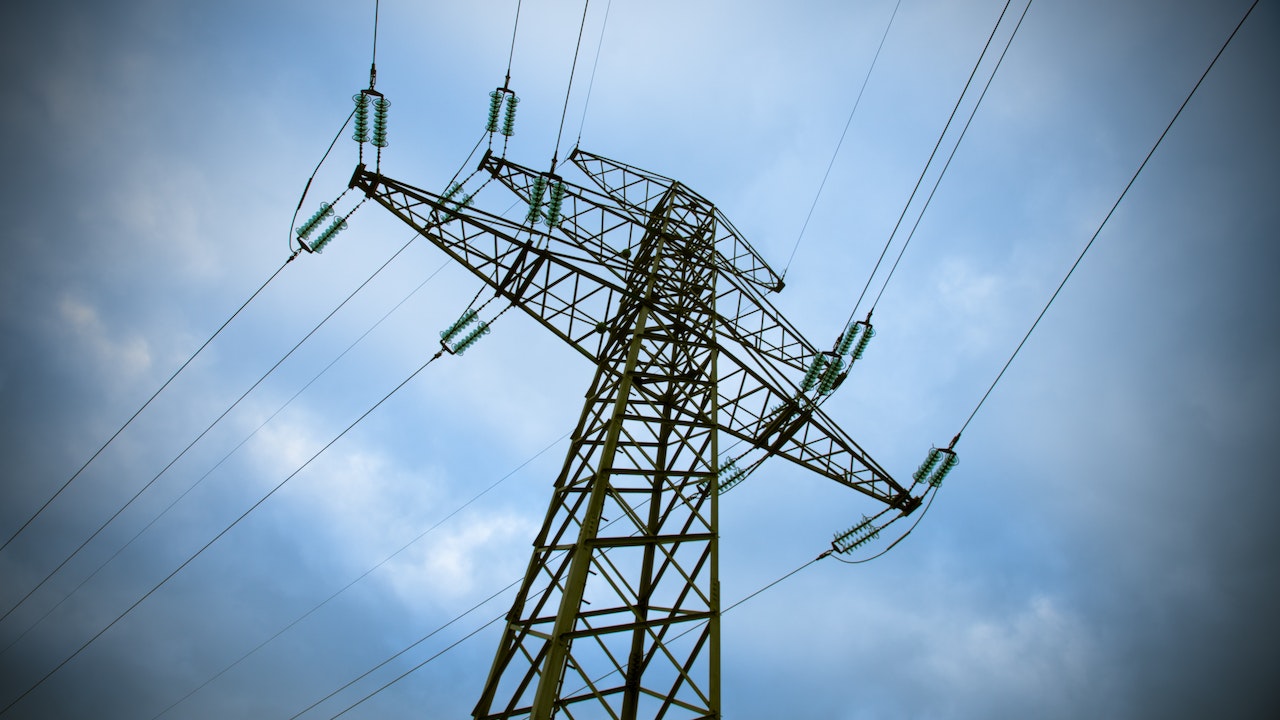World Bank approves new program to increase access to sustainable electricity in eastern Indonesia
The program will support Indonesia’s shift to low-emission development through affordable, reliable, and sustainable energy.

The World Bank today approved a new program to increase access to sustainable and lower-cost electricity in eastern Indonesia. The program will also strengthen infrastructure resilience and support communities’ ability to adapt to climate change.
The Indonesia Sustainable Least-cost Electrification-1 (ISLE-1) Program will connect 500,000 new customers – around 2 million people – to the electrical grid, scale up solar power investments to reduce greenhouse gas emissions and lower the cost of power generation by 20 percent. It will also enhance the capacity of Indonesia’s electrical power company, PT. PLN Persero, to manage the energy transition.
The program will support Indonesia’s shift to low-emission development through affordable, reliable, and sustainable energy. Indonesia’s energy sector is expected to become the highest contributor to greenhouse gas emissions in the country by 2026. The Government of Indonesia has committed to reducing emissions by close to 32 percent by 2030.
“The ISLE-1 Program will mobilize private sector finance for Indonesia’s energy transition and help communities adapt to climate change. Households in poor communities in Eastern Indonesia islands will have access to more reliable and sustainable electricity and businesses will see less interruption to their production.” said World Bank Vice President for East Asia and the Pacific Manuela V. Ferro. “This project is an example of how the World Bank Group is helping countries integrate climate action into their development plans and mobilize private sector finance for development”.
The program will support upgrades of PLN’s operational systems and business processes and will reinforce the grid for renewable energy integration and electrification in Indonesia’s east. The project will help low-income communities that lack access to affordable energy. It will help reduce reliance on polluting forms of energy, such as diesel generators and kerosene lamps.
“The ISLE-1 Program is a sub-set of PLN’s utility’s distribution, transmission, and power generation plan for 2021-2030,” said Darmawan Prasodjo, Executive Director of PT. PLN Persero. “ISLE-1 focuses on two regions: Maluku and Nusa Tenggara, as they have among the lowest levels of electrification and the highest average generation cost of electricity in Indonesia. The Program will finance PLN’s goal to reach universal access to electricity, deploy solar generation, reduce generation costs, and strengthen PLN’s financial and operational capacity. PLN, with the support of the World Bank, is expected to be able to increase its energy security by expanding energy infrastructure and diversifying the energy mix with renewable sources.”
ISLE-1 is aligned with the World Bank Group’s Country Partnership Framework (CPF) for Indonesia for fiscal years 2021 to 2025, which envisions infrastructure improvement, encompassing both infrastructure provision and quality of service, a transition to low carbon energy, and attaining universal access to energy. The program also supports the gender and climate change objectives of the framework.
“The World Bank stands ready to support the Government of Indonesia’s commitment to reach 100 percent electrification,” said World Bank Director for Indonesia and Timor-Leste Satu Kahkonen. “The ISLE-1 program strikes a balance between network investments that are urgently needed to meet electricity demand in the Eastern Islands and investments in renewable energy that is essential for setting the sector on a more efficient and sustainable path while also improving affordability and reliability. A greater rate of household electrification, particularly in the Eastern Islands, would provide additional economic opportunities, especially for women.”
In addition to the US$500 million in financial support from the World Bank for ISLE-1, under the World Bank Energy Sector Management Assistance Program (ESMAP) Sustainable Renewables Risk Mitigation Initiative (SRMI), the Canada Clean Energy and Forest Climate Facility (CCEFCF) has approved US$47.5 million of co-financing, and the Clean Technology Fund (CTF) a US$15 million loan and US$19 million grant. The program’s total cost is US$1.14 billion, including PLN’s financing of US$159 million and US$400 million of private sector financing.
- READ MORE ON:
- electricity
- Indonesia
- World Bank
- climate change
- Satu Kahkonen
ALSO READ
Prabowo's Proposal: A Step Backwards for Indonesian Democracy?
Indonesia's Bold Amnesty Plan: Easing Overcrowded Prisons through Pardons
Admiral Tripathi's Indonesian Visit: Strengthening Naval Ties
Navy Chief Embarks on Strategic Indonesia Visit to Bolster Maritime Ties
Chandigarh Congress Protests Against Electricity Department Privatization









